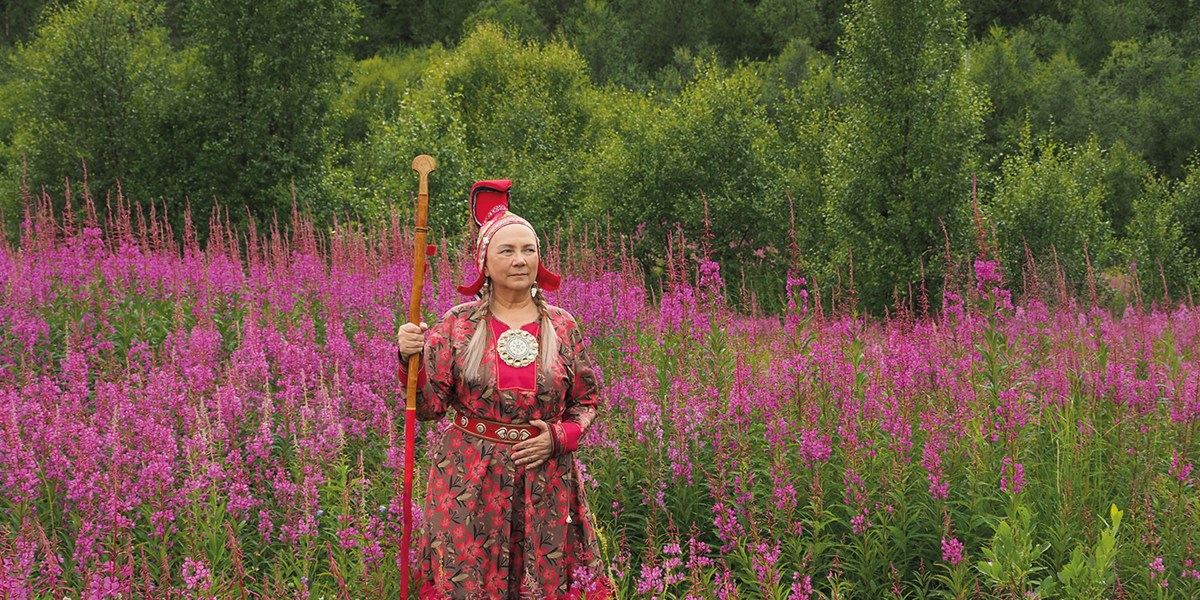Thursday, August 29, 2024
Mari Boine interview: “I was on my way somewhere, but now I’m really, really me”
Fiona Talkington speaks to Sámi activist and singer Mari Boine who, now in her 60s, finally feels confident in her own work

Mari Boine

Register now to continue reading

Thanks for visiting the Songlines website, your guide to an extraordinary world of music and culture. Sign up for a free account now to enjoy:
- Free access to 2 subscriber-only articles and album reviews every month
- Unlimited access to our news and awards pages
- Our regular email newsletters

